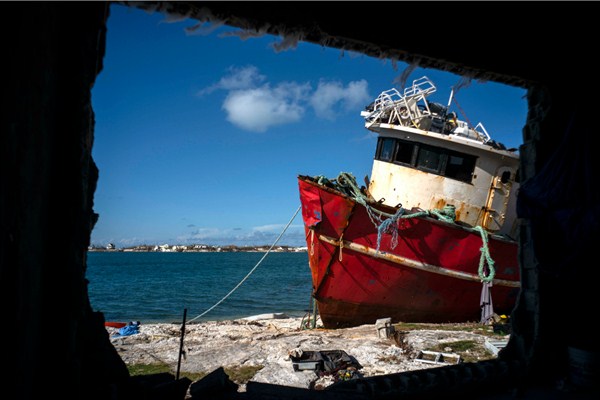When Hurricane Dorian, a Category 5 storm, struck the Bahamas in September, it killed dozens of people, displaced tens of thousands more and, according to a recent report, inflicted $3.4 billion worth of damage—roughly a quarter of the country’s GDP. It was the latest sign of the outsized impact that climate change is having on the Caribbean.
Many of the region’s small island nations have limited habitable land, much of it barely above sea-level, which is one reason why storms like Dorian, which are becoming more frequent and intense due to climate change, can have such a devastating impact. The costs of climate change in the Caribbean involve not only rebuilding after severe storms, but also adapting to the longer-run effects of a warming planet. Rising sea levels and coastal erosion are expected to cause crop losses and damage tourist attractions like beaches and coral reefs, taking a toll on the two most important economic sectors for most Caribbean countries: tourism and agriculture. Authorities will also need to relocate their populations away from low-lying coastal areas.
As the Caribbean comes face-to-face with these mounting costs, individual governments are realizing that they are ill-equipped to adapt on their own. To fight against climate change and withstand more storms like Dorian, they are increasingly relying on regional cooperation. The reasons are clear. Most Caribbean countries lack the funds to undertake more-ambitious climate change adaptation projects, having already incurred high levels of debt from investing in post-disaster recovery and improved resilience to hurricanes. International development assistance has helped, but because of their high per-capita income levels, many Caribbean countries no longer qualify for this kind of aid.

